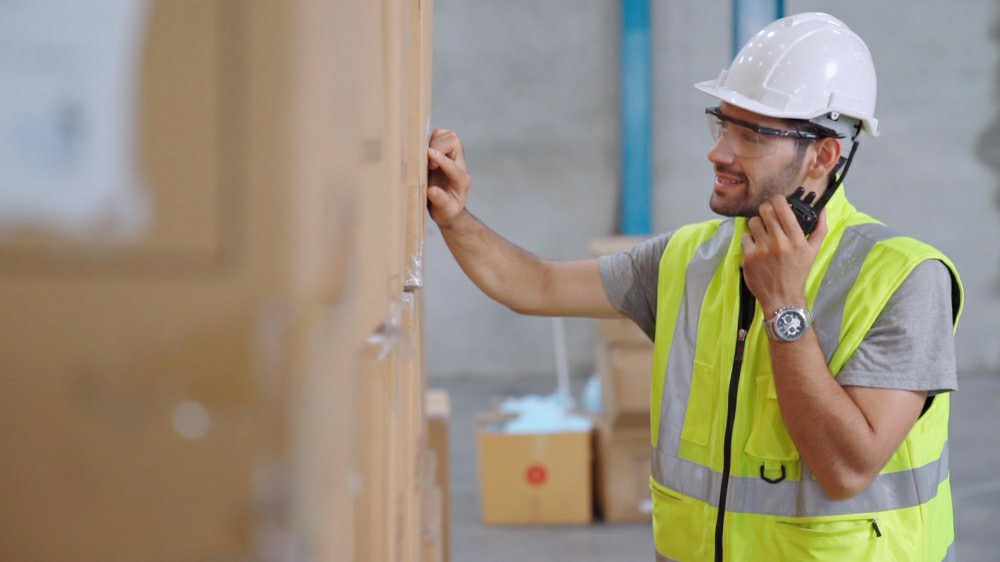


 349,500 Offered Certificates
349,500 Offered Certificates
 24/7 Online Training
24/7 Online Training
 Money Back Guarantee
Money Back Guarantee
 Fully Accredited Courses
Fully Accredited Courses

Created at: 02-02-2025 17:29
In any workplace, the safety and health of employees are paramount. One of the key components in maintaining a safe work environment is ensuring that proper manual handling techniques are followed. Practical manual handling courses serve as an essential part of workplace safety training by equipping workers with the necessary skills and knowledge to handle loads safely and efficiently.
Manual handling refers to any transporting or supporting of a load by hand or bodily force. This includes lifting, lowering, pushing, pulling, carrying, and moving loads. Improper manual handling can lead to injuries, including musculoskeletal disorders (MSDs), which are one of the most common reasons for long-term sick leave.
A well-structured practical manual handling training program covers several vital areas:
The handling theory section of our practical manual handling course explores crucial topics such as the correct posture for lifting, the importance of keeping the load close to the body, and the significance of using mechanical aids when necessary. This theoretical foundation is critical for understanding why certain techniques work and how they contribute to workplace safety.
Risk assessment is a vital skill for any worker. Our course teaches participants how to identify potential hazards in their work environment, assess the risks associated with these hazards, and determine the best way to approach manual handling tasks safely. This proactive approach helps prevent accidents before they occur, leading to a safer workplace overall.
The hands-on aspect of the course allows participants to practice safe handling techniques under the guidance of experienced trainers. This includes practicing lifting, carrying, and maneuvering loads in a controlled setting, ensuring that participants can apply these techniques confidently in real-world situations.
Investing in a practical manual handling course offers numerous benefits:
For many, attending a physical course may not be feasible due to time constraints or travel issues. Fortunately, our online practical manual handling training offers a flexible solution. Participants can complete their training from the comfort of their own homes, making safety training more accessible than ever.
Upon successful completion of the manual handling training program, participants are awarded a practical manual handling certification. This certification not only demonstrates the skills acquired during training but also underscores a commitment to health and safety in the workplace.
In conclusion, practical manual handling courses are an essential investment for both employees and employers alike. By prioritizing safety training, organizations can foster a culture of health and safety that protects workers while enhancing productivity. Ready to take the next step? Contact us today at [email protected] or visit ireland-safetytraining.com to learn more about our affordable training options across Dublin, Cork, Galway, and online.